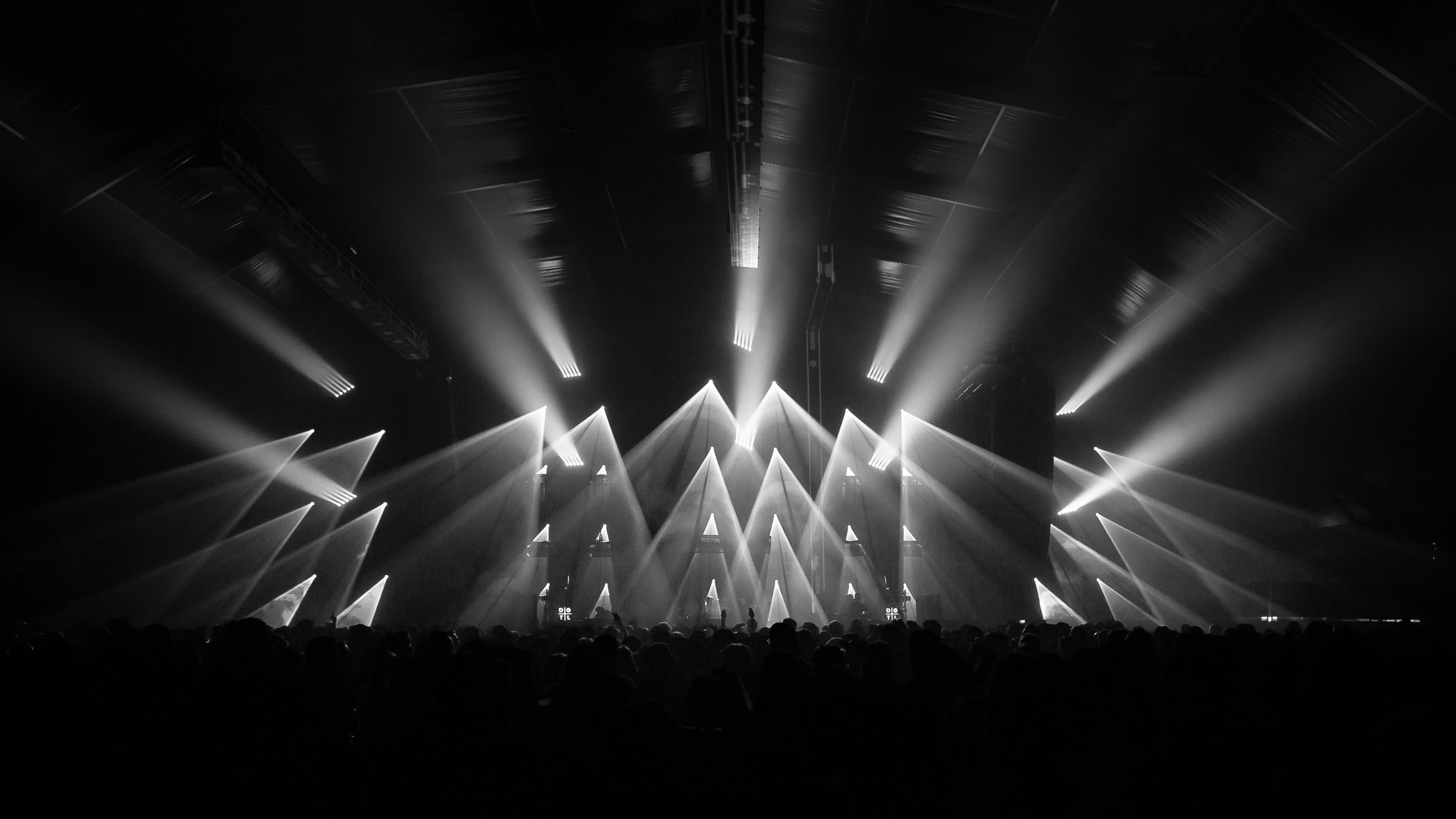

Mozarts Jupiter Symphony Tickets
Up to 30% Off Compared to Competitors.
Location: Select Location (e.g, New York)
Events Nearby
We're Sorry. There are currently no events near you.
About Mozart's Jupiter Symphony
Today, the Jupiter Symphony remains a staple in concert repertoires around the world, frequently performed by symphony orchestras and chamber ensembles alike. In 2023, numerous concerts featuring the Jupiter Symphony are set to take place across various prestigious venues. For instance, major orchestras such as the Vienna Philharmonic and the Berlin Philharmonic have scheduled performances of the symphony, celebrating its legacy as a cornerstone of classical music. Additionally, many music festivals, including the Salzburg Festival and the BBC Proms, will feature the work in their lineups, highlighting both its historic significance and continued relevance in contemporary concert programming. The Jupiter Symphony is celebrated not only for its musical brilliance but also for the way it brings together audiences, fostering a shared appreciation for Mozart's genius in live performance settings. Music lovers can expect to experience the emotional depth and intricate craftsmanship of this masterpiece in various concert halls throughout the year, reinforcing its status as a timeless work that resonates with listeners of all ages.
Mozart's Jupiter Symphony History
Wolfgang Amadeus Mozart, one of the most influential composers in Western classical music, composed his Symphony No. 41 in C major, K. 551, commonly known as the 'Jupiter Symphony,' in 1788. This symphony is notable for being Mozart's last symphony and is often regarded as one of his greatest works. The title 'Jupiter' was not given by Mozart himself but rather was applied posthumously, likely in reference to the Roman god Jupiter, symbolizing the work's grandeur and complexity. The symphony features a remarkable combination of thematic development, counterpoint, and orchestration that showcases Mozart's mastery of the symphonic form. The work is structured in four movements, with the final movement being particularly celebrated for its elaborate fugal writing, which represents a culmination of Mozart's symphonic style. The Jupiter Symphony reflects the classical ideals of balance and clarity while also pushing the boundaries of the symphonic genre, influencing countless composers in the years to come.
